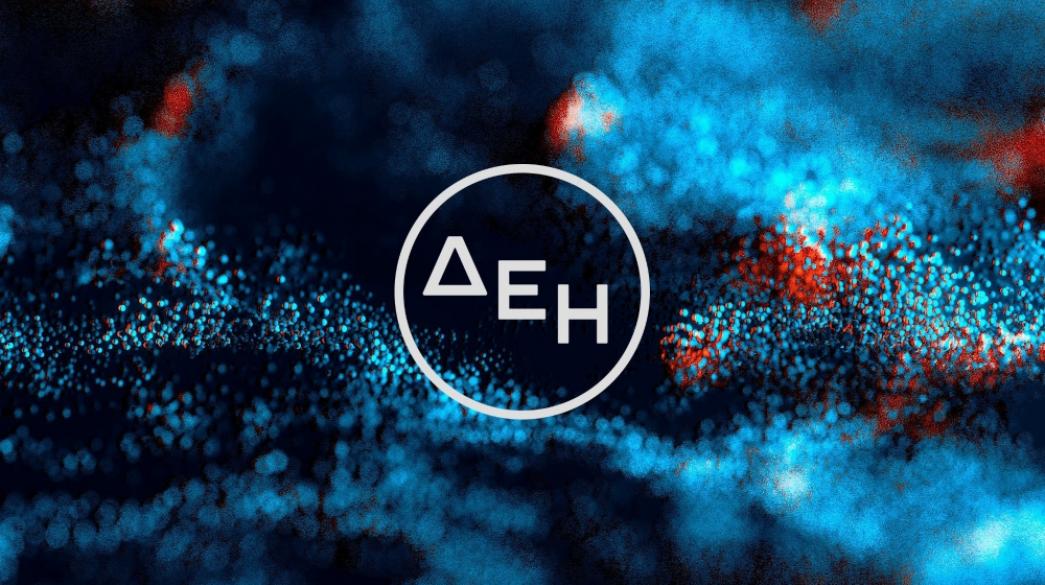From the not-so-distant era of anxious negotiations with Greek banks for the refinancing of its debt, PPC is entering a new era, claiming 750 million euros from the market, in order to drastically accelerate investments in RES, to dramatically increase profitability and to distribute again, after many years, a dividend to shareholders. At the same time, through the capital increase announced, a ... soft privatization will become a reality, since the state’s stake will become a minority, without the usual procedures of finding an investor, which would cause political shocks.
The announcements by PPC for the share capital increase of 750 million euros, in combination with the announcement of the Super Fund that followed, outline a process of capital increase that will not only add ammunition for the development of the company, but will also bring historically significant changes in the shareholding structure of the former state energy monopoly:
- The capital increase will follow in the footsteps of the respective procedures recently seen with the big banks (Piraeus Bank, Alpha Bank), ie a combined offer will be made in Greece and abroad (public offer in Greece, private placement abroad), while the pre-emptive rights of the old shareholders are abolished.
- The existing shareholders, in the context of the public offering in Greece, will be given the opportunity, as was done in the bank capital increases, to acquire shares that will correspond to their existing stake. That is, a shareholder will be able to receive as many shares as needed to maintain the same stake after the increase - something like an informal pre-emptive right.
- In the context of the international offer, the management of PPC leaves open the possibility, through a process that will be determined later, of offering foreign investors the possibility to have a priority distribution in the new shares.
- The price for the sale of the new shares will be determined with an international book building process, which will be run, as announced, by Citigroup and Goldman Sachs. The big question is how low the selling price will have to fall in order for the stock to be attractive and to successfully cover the increase. In recent days, the share price of PPC has already been on a downward trajectory, as there are indications that plans for the increase were known in some investment circles. From September 13, until yesterday's closing, the share has fallen from 10.5 euros to 9.02, ie about 14%, despite the successful sale of HEDNO.
A certain outcome of this process will be the reduction of the participation of public bodies to a minority percentage. The Superfund and the HRDH, which currently control the majority of the shares, are seen participating in the increase in order to reduce their participation to a percentage considered by the government sufficient to be able to veto important decisions. However, it seems that there will be a political battle up ahead, as yesterday SYRIZA and labor group GENOP issued aggressive statements against the government, talking about criminal decisions.
NONTAS CHALDOUPIS







